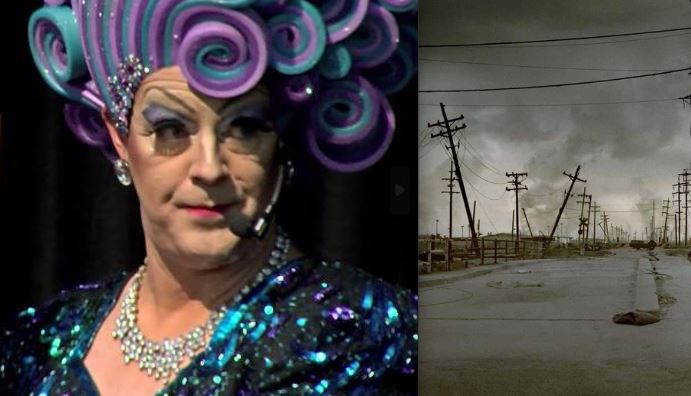By Doug “Uncola” Lynn via TheBurningPlatform.com
My first article this year was entitled “The Abolition of Man Amid the Consequences of Reality” and referenced the book “The Abolition of Man” by C.S. Lewis as a means to critique the devastation of postmodernism.
The next article, “Gnostic Parasitism in the Post-Modern Simulacrum”, reviewed the first installment of the “Mere Simulacrity” video series posted at SovereignNations.com which summarized the conjuring of the postmodern world.
This post will serve as my third installment on postmodernism and summarizing the sixth (6th) video in the “Mere Simulacrity” series called “Breaking the Spell of the Postmodern World”, by writer and researcher Michael Young.
Although the second (2nd) video in the “Mere Simulacrity” series entitled “Hermeneutics and Perspectivalism” , by Dr. William Roach, provided a more comprehensive look at the chain of philosophers that ultimately fathered postmodernism, I chose to review Michael Young’s video because he emphasized three main philosophers, along with other relevant writers, who explain our current times quite effectively, in my opinion.




